“I think I’ve always been a draughtsman.” – interview with artist Elizabeth Waggett
December 8, 2020
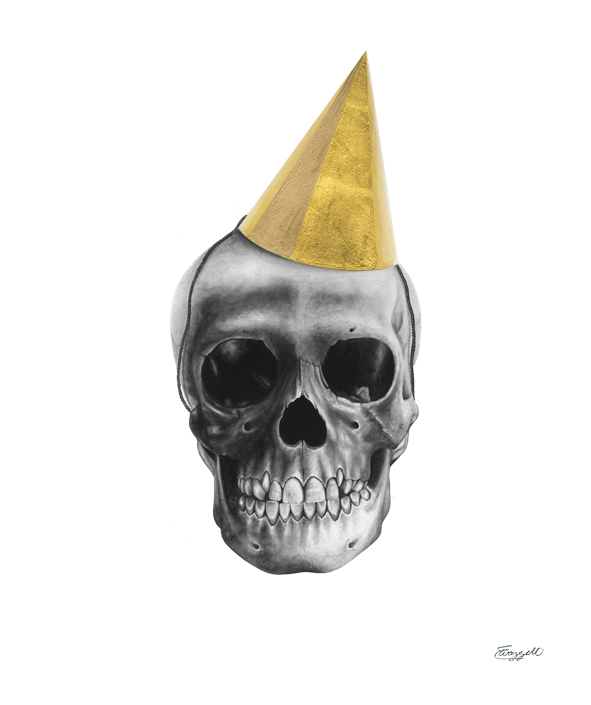
‘It’s My Party’
I wonder how many artists there are in the world who have been swayed by the opinions of people close to them. Opinions of the art world and how hard it is to make it as a practicing artist. Opinions taken as truth, by young artists when they are making decisions about their future, that lead them to believe that pursuing a career as an artist is to choose the wrong path. I wonder how many artists have abandoned themselves for stability and certainty because of those opinions. Manchester-born, New York-based artist Elizabeth Waggett, almost succumbed to this way of thinking until a friend challenged her.
When we meet, Waggett had just launched a series of paintings she made during a period of lockdown in New York. The series is a collection of small paintings of bees, painted in exquisite detail and framed in ornate classical frames in a nod to the old masters she has immersed herself in recent months. They mark a departure from her previous work. Having a pause during lockdown gave her the space to try something new.
Waggett has developed a very successful art practice in New York in relatively few years. The drawings she produced when she started exhibiting, were being noticed and she started selling though galleries and at art fairs both in New York and internationally building up a diverse base of collectors across the world.
This may not have happened had she not been challenged by a passing comment made by a friend while teaching art and design in the Middle East. Her friend asked her how she could inspire the children she was teaching to have a career in art if she weren’t exhibiting herself. That conversation was the catalyst to exhibiting her work alongside teaching and taking her practice as an artist more seriously.
Waggett attributes her career choices to a lack of confidence to pursue art as a career when she was younger. “I was leaning towards fine art. When you go to university, you are too young to make a decision; I was anyway. You’re taking on all of these different opinions and people have that opinion of the art world, ‘there’s no money in it, you won’t survive, you’ll be a starving artist’.” So Waggett studied fashion at degree level and postgraduate design at the University of Manchester and after completing a teaching course, taught art and design in the Middle East. The decision to study design seemed a practical one “I thought, I’ll go into design because maybe there’s more of a career path there. And it was the wrong choice.” During the final two years she spent in the Middle East, Waggett began to show work and after a move to New York with her partner, decided to develop her art practice art full-time.
Waggett has become known for her meticulously produced, monochromatic works on paper using fine art techniques. Drawing, she reflects, seemed like an obvious place to start. “I think I’ve always been a draughtsman. It has always been something that I’ve done; it seemed like a natural step to take. I felt there was a gap for it that I wasn’t seeing in contemporary art with emerging artists in the same way. I think the meticulousness comes that design background. I felt it was important for me to prove to the world, I have skill.”
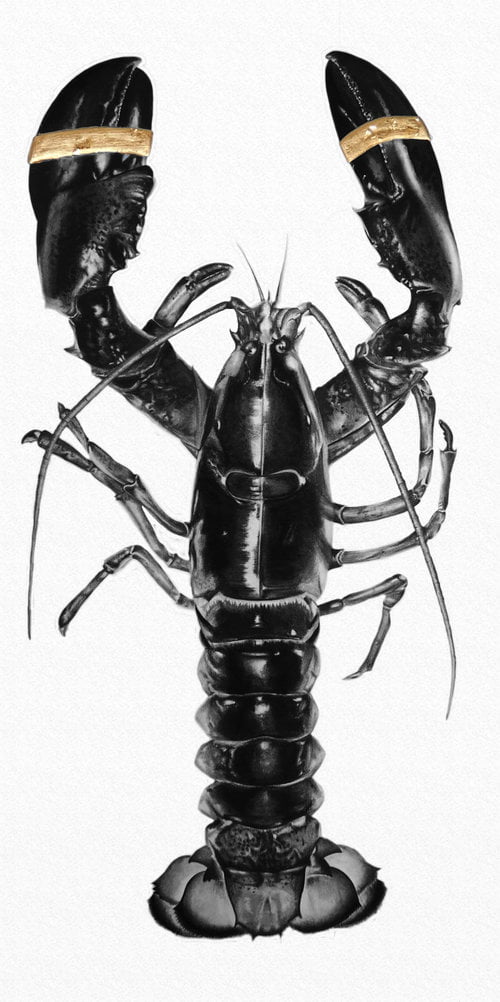
‘Hold Back My Power’
Waggett infused the seemingly sombre subject matter – human and animal skulls – with humour, as a way to explore the nuances of life. “Pieces, for example, ‘It’s my party’, a skull wearing a gold hat, are humorous. Nothing is black and white, no one is good or evil. We encompass all of it and balance the tension between the two. The way in which we seem to forget our own path and compare ourselves or follow in others footsteps so that we forget what we really want. We try to make other people happy rather than ourselves. I would say it’s largely about the contradictions of us humans. The inner struggle to balance greed and purpose.”
The demand for her work meant that she had, until lockdown, been in a period of very intense productivity. She exhibits internationally, selling work through US and international galleries and art fairs as well as collaborating with brands and producing commissions for clients. She reflects on the pressure that comes from being a successful commercial artist “I feel like I’ve been on quite a hamster wheel creatively for the last couple of years, where I’ve been maybe fulfilling the gallery and the show needs rather than my creative needs.
I am taking a step back. This small series that I’m working on at the moment which is these little bees. They started in lockdown and they were just something I wanted to do. Maybe COVID has made me slow down and hanker after a simpler time. I’m reading Eugene Delacroix’s journal at the moment, going to museums. I had actually painted the bees just simply oil on linen and I brought them back [to the studio] and started working into them with some of those techniques and things that I’d observed in those old masters paintings. I’ve made each one fit these frames that I’ve been collecting for so long.
I think this series is a bridge between the drawings and what’s coming next. I have been working on it for a long time, but again, maybe it’s the time that my pieces take, I haven’t been able to give them my full attention. I’ve worked on them for at least a year. [I’m creating] a new series of work I’m really excited about. It’s not ready yet. I’m still working it out and playing with it but there are more of those things in the new series.”
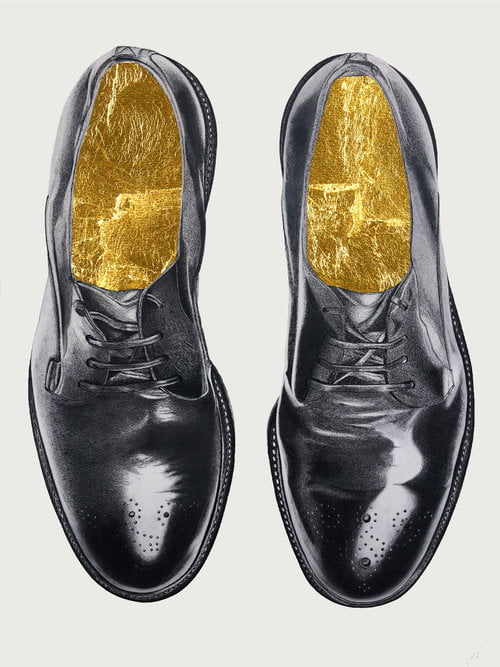
‘Rich Man’s Shoes’
Reflecting on the risk in taking a new direction when you are building a name and being recognised for a style of work, Waggett considers the differences in art market in the US and the UK.
“Obviously there’s a much bigger market here. I think that my work that sells in the UK, those collectors appreciate that I am in the US making work here. However, the scene in the US is more open. People here are very happy with very green new galleries and giving them a chance and seeing what happens. It’s about names there [in the UK], I think. People are more willing to take you on when you don’t have one here. I think you get an easier seat at the table in America.”
Waggett has been winding down her previous work. Prints and originals have sold through and she intends to spend as much time as she needs after Christmas exploring where this new direction in her work will take her. Having felt at times in the past that she has been making work for the market and feeling creatively stifled, she is committed to doing work she can pour her soul into.
To see more of Elizabeth’s work, take a look at her website, or her Instagram profile.
Filed under: Art & Photography
Tagged with: America, animal, artist, bee, commercial, contemporary, creative, delacroix, drawing, elizabeth waggett, fine art, human, manchester, New York, old master, painting, skull, successful, uk
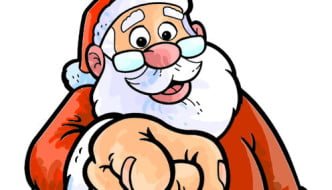
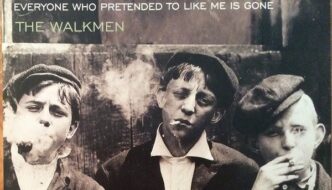
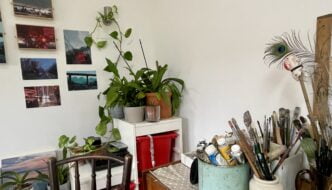
Comments